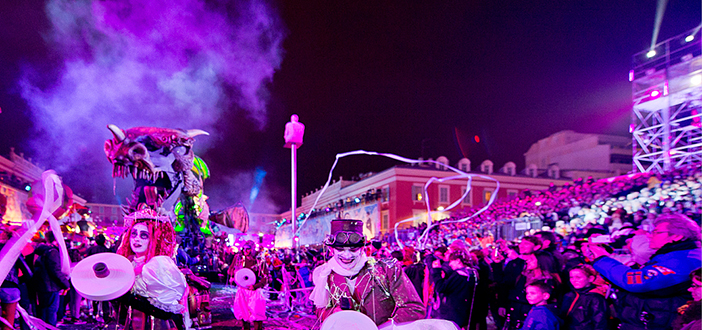The Nice Carnival, inaugurated last Saturday, is the largest in the world after those in Rio de Janeiro and Venice. Nearly half a million people are expected in the azure city over the next two weeks to participate in one of France’s most important public events. Needless to say, the stakes go far beyond the local scope.
Since the end of the Second World War, the Carnival has only been canceled once, in 1991, during the Gulf War in Kuwait.
Despite this determination not to give in to fear of risks, certain events have been canceled, such as the traditional foot race, and children’s parades have been banned in neighborhood carnivals. This is both a precaution and an effort to avoid too much dispersion of law enforcement forces.
It’s also a major economic issue in a department that relies mainly on tourism. Thus, security concerns are not secondary in a city more than ever on high alert.
After last year’s controversies when there was noise about a foiled attack without local authorities being informed, substantial reinforcements have been granted by the Ministry of the Interior. They complement the municipal police and the already deployed national forces. Furthermore, Nice is a city under video surveillance, with a network of cameras covering 15 per km².
The Nice Carnival, and to a lesser extent the Lemon Festival in Menton, is just the first step in a series of events that will flood the region in the coming months for the Cannes Festival, in May, and for the Euro 2016 football, in June, during which Nice will host four matches at the Allianz Riviera stadium.


